After the killing of General Qassem Suleimani: Has the game changed in the Middle East?
(Baonghean) - On the night of January 2, the Pentagon announced that the United States had killed General Qassem Suleimani, head of Iran's paramilitary forces, in an airstrike in Iraq "at the direction of the President." This development could mark a turning point in Washington's relations with Iraq and Iran, and will significantly impact the overall position of the United States in the Middle East.
Death of a Great Man
According to VOX, the attack that killed Mr. Suleimani also took the life of the leader of Kataib Hezbollah, an Iranian proxy militia in Iraq, which has repeatedly attacked the US and allied forces and recently launched rockets at a US military base.
Those attacks killed one American contractor, leading to US retaliation and 25 deaths in attacks in Iraq and Syria.
In other operations, US forces have also captured and detained leaders of other important Iraqi militia groups with close ties to Iran.
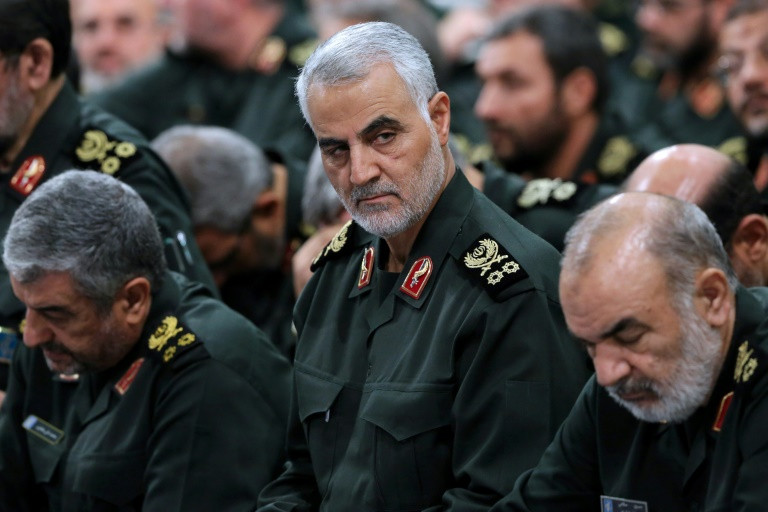 |
| General Qasem Soleimani, killed in the US strike, was one of the most prominent figures in Iran. Photo: AFP |
The death of the head of the Quds Force of the Islamic Revolutionary Guard Corps (IRGC-QF) of Iran, Suleimani, as mentioned above, will impact bilateral relations and the general situation in the Middle East.
The death of the head of the Islamic Revolutionary Guard Corps (IRGC-QF) Quds Force, Suleimani, as mentioned above, will impact bilateral relations and the broader situation in the Middle East. But how big the impact will be will depend on the US’s readiness to respond to the potential retaliation from Iran and its many regional proxies. But, based on the Trump administration’s record there, observers say there is indeed cause for concern.
It is difficult to overstate Suleimani’s already enormous influence. Because Iran’s conventional forces are weak, Tehran often works through militias, militant groups, and other proxies to advance its interests abroad.
The IRGC is believed to be leading many of these campaigns. In Iraq and in countries where Iran has a military and political role – such as Yemen, Lebanon, Syria, Afghanistan, as well as with the Palestinians – the IRGC is often the dominant actor in Iran’s foreign policy, or at least has a say.
| Baghdad Airport, Iraq chaos due to rocket attack this morning. Video:Alarabiya |
In April, the Trump administration took the unusual step of officially designating the IRGC as a terrorist group, even though it is an arm of the Iranian state, rather than a non-state actor, unlike most entities on the US list of terrorist organizations.
Suleimani is seen as a symbol of Iran's power, prestige and influence.
Suleimani has been the architect of many of Iran’s most contentious foreign policy issues, and he and the IRGC-QF are responsible for the deaths of many Americans. As head of the Quds Force since 1998, Suleimani has built a network of power within Iran and through the IRGC’s various proxies. He is seen as a symbol of Iran’s power, prestige, and influence.
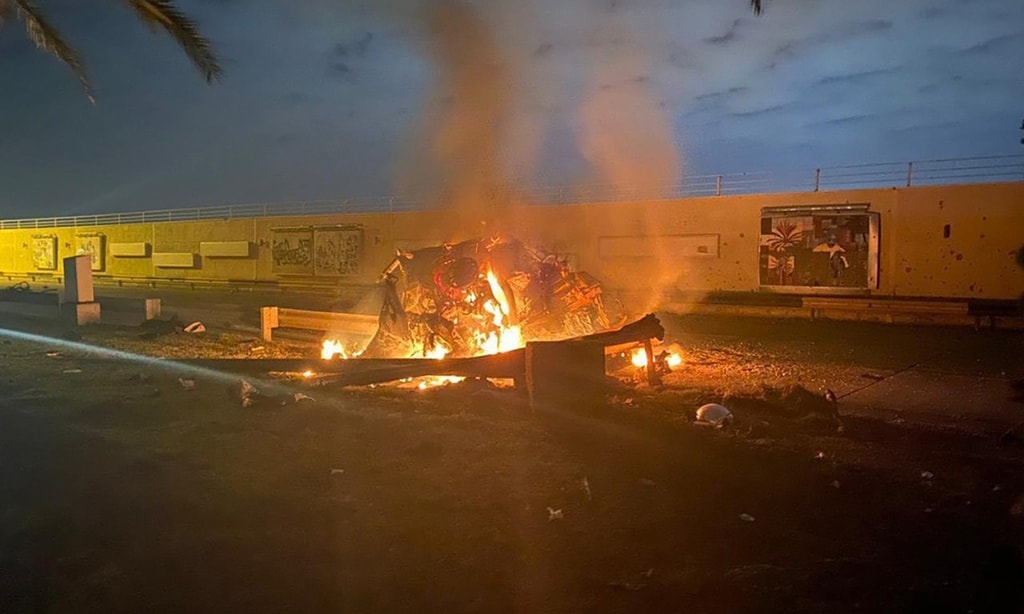 |
| This image released by the Iraqi president's office shows the wreckage after a drone strike on General Qassem Suleiman ordered by President Donald Trump. Photo: AP |
Unpredictable retaliation?
According to some analysts, the US will have to pay a high price for causing Suleimani's death, and due to the extensive network of the Quds force, Iran will have many "stages" to attack the US again.
The most likely scenario would be attacks on US forces and facilities in Iraq. Tehran has spent about 15 years building extensive networks among militias and politicians in Iraq.
Earlier this week, before Seleimani’s death, Iran was able to quickly mobilize its local affiliates to stage violent protests at the US Embassy in Baghdad, posing a huge security risk to those working there, even as Tehran’s local allies avoided killing more Americans. Now, the situation “promises” to be much more complicated.
That's not to mention the fact that the US attack also killed Abu Mahdi al-Muhandis - leader of the Kataib Hezbollah militia group - and many other high-ranking pro-Iranian figures in Iraq.
This “grudge” is also difficult to ignore, because in addition to wanting to please Iran, pro-Iranian militia groups in Iraq will be furious at the death of al-Muhandis and the capture of their leaders, and will of course sow the idea of revenge.
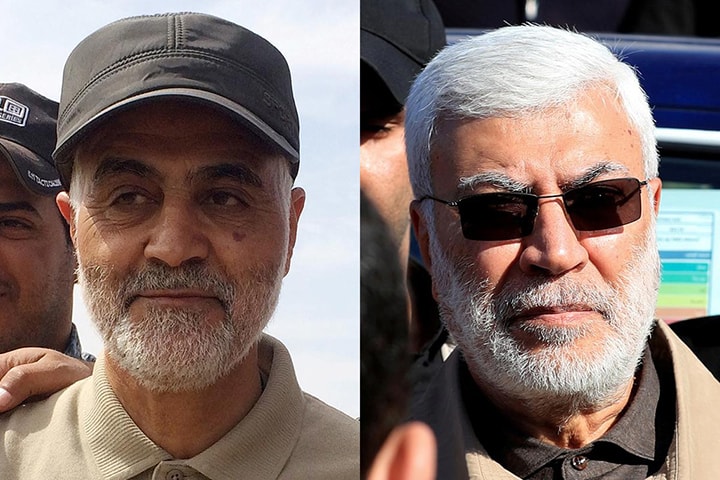 |
| General Qassem Soleimani (left), head of Iran's elite Quds Force, and Iraqi militia commander Abu Mahdi al-Muhandis were killed in an airstrike at Baghdad airport. Photo: Reuters |
On the other hand, many Iraqi politicians, by choice and circumstance, have close ties with Iran, and will increase pressure to “oust” the US from Iraq. If we compare the US with Iran, it is easy to see that Iran has more allies and more influence in Iraq, and many Iraqi leaders are likely to bow to pressure from Iran.
US military forces in Afghanistan and Syria are also at risk, although both are well-prepared for threats from IS, the Taliban and other dangerous gangs. The IRGC and its proxies could also attack US embassies and other government-linked targets.
While Iran could retaliate, the extent and scope of such action is difficult to predict. Hardliners will call for the US to pay for Suleimani’s death.
But Iran has long recognized that its military is weaker than America's, and Tehran's leaders understand that in a full-scale confrontation, they would likely lose.
However, the approach of many years of provocation and restraint when the situation is in danger of getting out of control may not be the scenario applied this time, when a key figure like Suleimani was eliminated by the enemy.
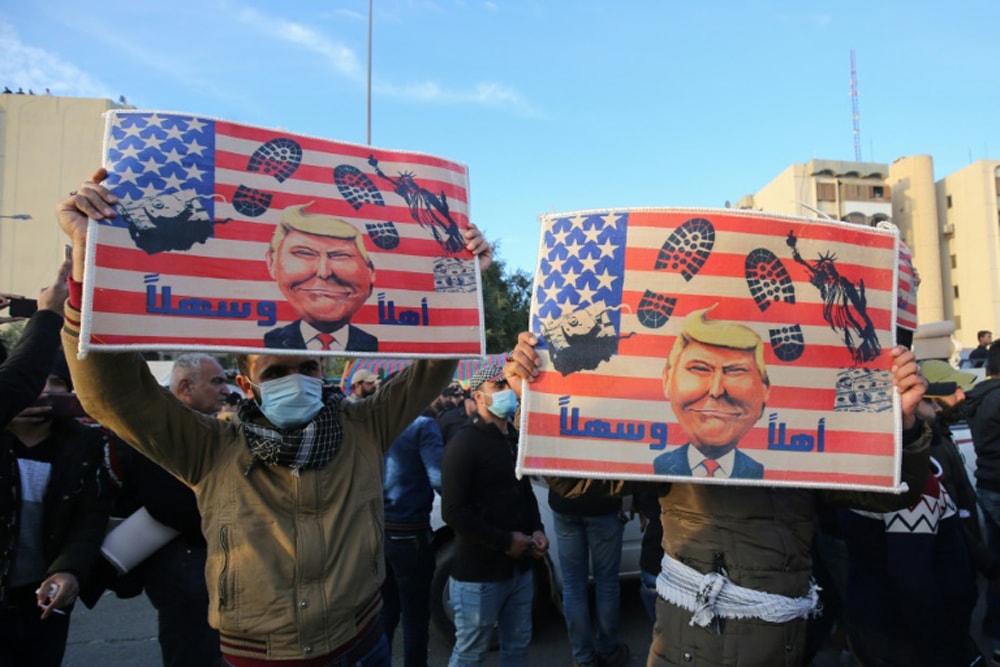 |
| Crowds protested in front of the US embassy in Baghdad earlier this week. Photo: AFP |
Consequences of escalation
So is the Trump administration prepared to “welcome” the consequences of a possible escalation? That depends on the US’s readiness to respond to the inevitable Iranian response.
In fact, careful consideration is not the Trump administration's strong point, and it is easier for them to focus on the immediate gratification of destroying an enemy that caused the deaths of many Americans and allies than to think about the long-term consequences of such an attack.
In recent times, the most important thing for the United States in the Middle East - its allies - has often received the Trump administration's backsliding. Therefore, at this time, it is difficult to say whether the allies will stand by Washington or not, and even if they do, perhaps the enthusiasm will not be worth much.
President Trump has made no secret of his desire to end the US military presence in the Middle East. But, with Seleimani’s death, the US is likely facing a dilemma.
They can continue to hold out in the Middle East, with relatively thin forces in Iraq, Syria and Afghanistan, meaning they are vulnerable to Iranian attacks.
Or they could continue to withdraw more troops home in the face of the Iranian threat, watching their influence wane and handing more regional power to Iran.
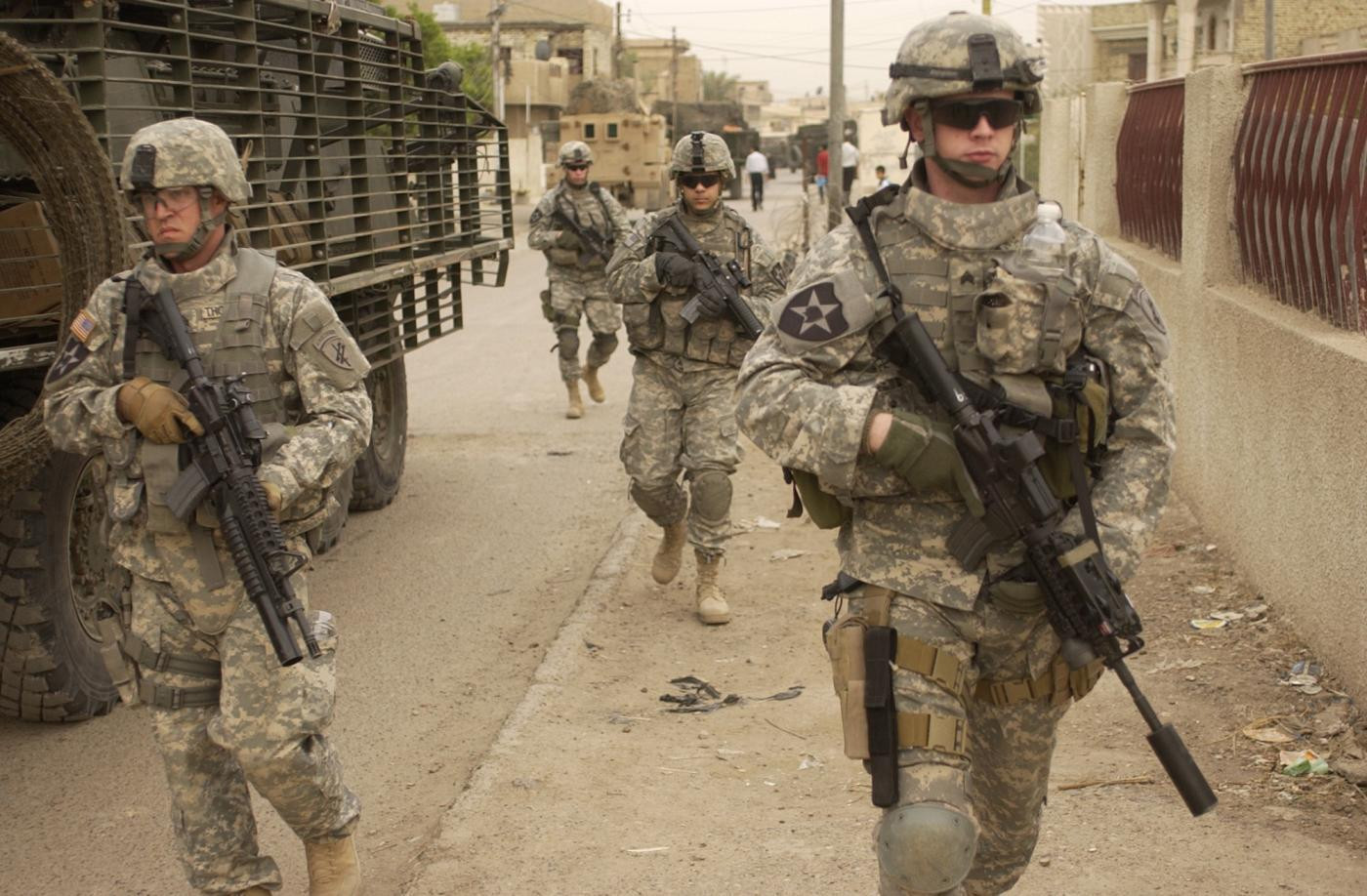 |
| US troops in the Middle East. Photo: Middle East Eye |
In short, the deaths of Suleimani and other pro-Iranian figures in Iraq could be a turning point for the US in the region. How dire the consequences will be, and what the US does next, will depend on the Trump administration’s agility, long-term thinking, and close cooperation with allies.
But so far, Trump’s Middle East policy suggests that the opposite is likely to happen in practice. And so, the killing of Suleimani may be just a short-lived victory for the US.

